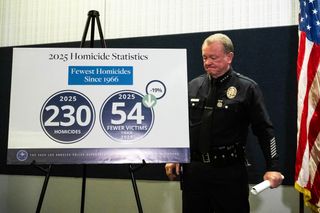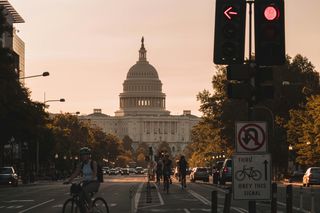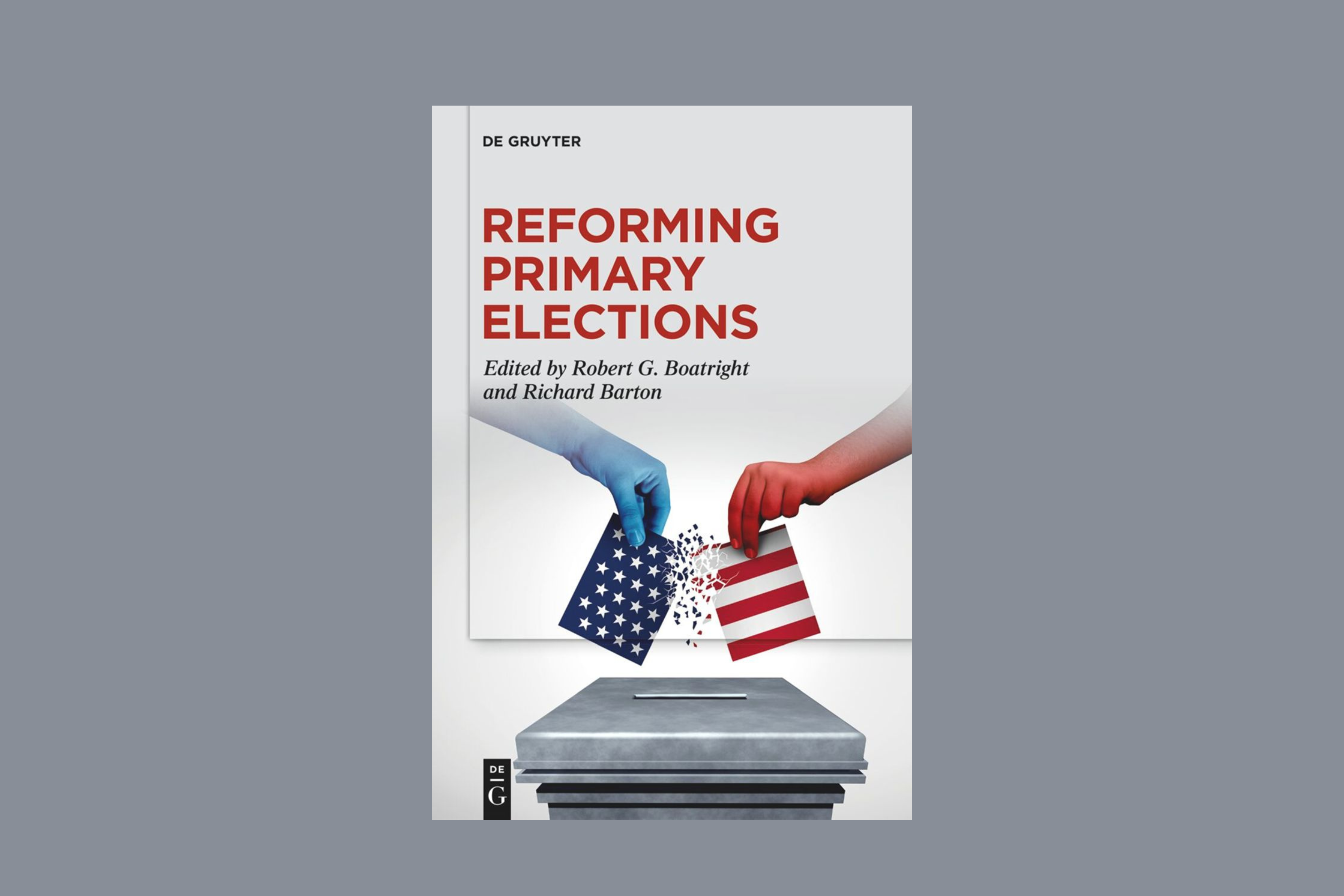In the majority opinion in Trump v. CASA Inc., Justice Amy Coney Barrett focused on the use of nationwide, or universal, injunctions imposed by federal district courts. She cited a 2024 Harvard Law Review article which found that universal injunctions originated in 1963 and the frequency of these injunctions escalated rapidly from President George W. Bush through President Biden. The study found records of 127 universal injunctions from district courts from 1963-2024. Of these, 76% occurred from President George W. Bush onwards and 50% (64) occurred during President Trump’s first term.
Many of these injunctions are appealed to the Supreme Court and both liberal and conservative appointed justices have warned of judicial overreach in their opinions.
Justices Sonia Sotomayor, Ketanji Brown Jackson and Elena Kagan all dissented in Trump v. CASA Inc, citing, “universal injunctions are consistent with long-established principles of equity, once respected by this Court.” However, in Biden v. Nebraska considering the nationwide injunction against President Biden’s student loan forgiveness program, these three justices opposed the injunction and made an argument similar to Justice Barrett in CASA about judicial overreach. They said, “The result here is that the Court substitutes itself for Congress and the Executive Branch in making national policy.”
That said, the majority of their dissent focused on the unconstitutionality of the birthright citizenship executive order, whereas in the loan forgiveness case, much of their dissent was around the lack of legal standing for the plaintiffs which led to the injunction.
The new precedent for universal injunctions will likely change the nature of cases that go to the Supreme Court. The class action cases as a follow up to CASA will be a good case study for how this different approach is received by the court.








.png?rect=0,3,6000,3994&w=320&h=213&auto=format)